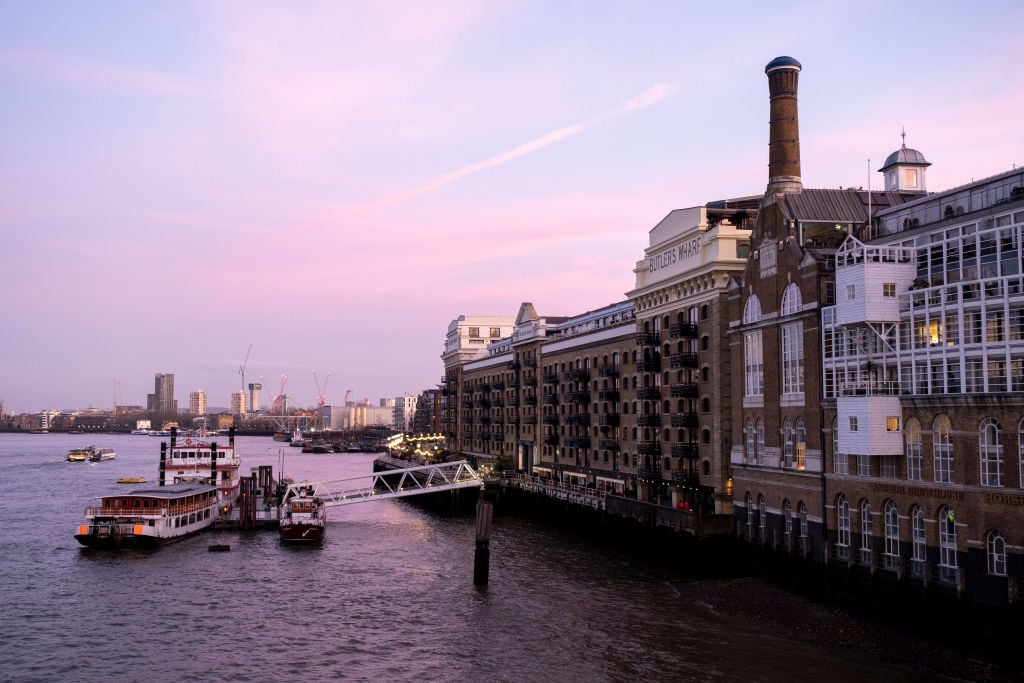
London is planning to unveil the U.K.’s first memorial commemorating the victims of transatlantic slave trade. The city is aiming to have it ready for the public it in the summer of 2026, according to mayor Sadig Khan.
The memorial was announced ahead of Saturday’s International Day of Remembrance of the Victims of Slavery and the Transatlantic Slave Trade.
The new monument will be located at West India Quay in London Docklands, which has a strong link to the history of the trade. It will also recognize the role the U.K. capital played in the trade that has impacted “generations of Black communities in London, across Britain and around the world,” Khan noted in a statement on Friday.
The city, which is committing £500,000 ($613,507) to develop the memorial, played a fundamental role in the organization and funding of the trade; in London and elsewhere in the U.K. there are monuments commemorating its abolition, but also statues and buildings that reflect the wealth and power it created. In 2020, a statue of London-based slave trader Robert Milligan was removed and is now in the storage of the Museum of London’s collection.
The Commission for Diversity in the Public Realm set up by Khan will start to develop an artistic brief of the memorial in summer. The artist to design the memorial will be chosen through an open competition.
Municipal workers remove the statue of slave-owner and slave merchant Robert Milligan after a petition in West India Quay district of London, United Kingdom on June 9, 2020. Photo: Hasan Esen/Anadolu Agency via Getty Images)
The memorial fulfills the mayor’s pledge to support a memorial and educational programs related to the trade and the victims. “We do not have a dedicated memorial in our capital to honor the millions of enslaved people who suffered and died as a result of this barbaric practice,” noted Khan.
“It is vital that our public spaces reflect the heritage of our great city—in all its diversity and complexity. This memorial will help commemorate the victims of a dark, yet formative chapter of our history.”
Working in partnership with the Canal & River Trust and the Museum of London Docklands, the new memorial will be located near the museum, which is in the area that is home to warehouses built to receive products of slavery. A number of “satellite sites” will be built across the capital to accompany this new memorial, with an aim to connect different threads of slavery stories.
Debbie Weekes-Bernard, deputy mayor for communities and justice, noted on Friday that the memorial will serve as an opportunity to open up discussion about how this “very dark period of our history is actually a part of London’s story.”